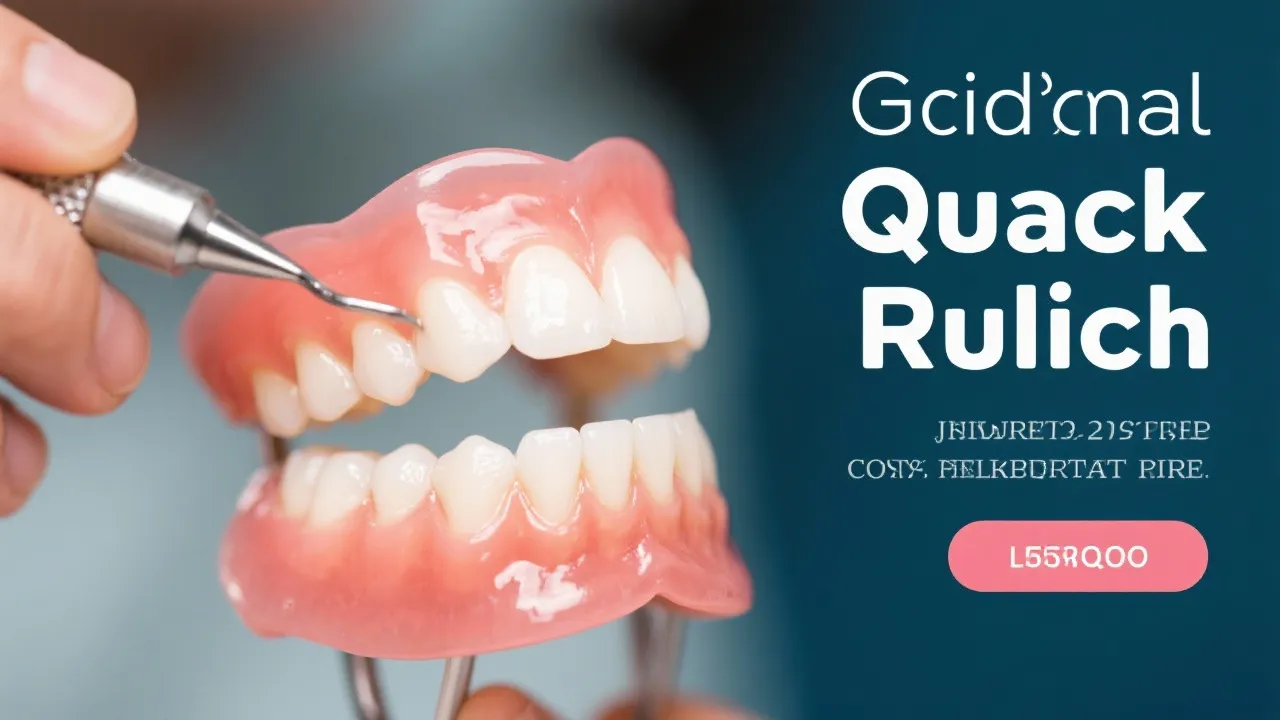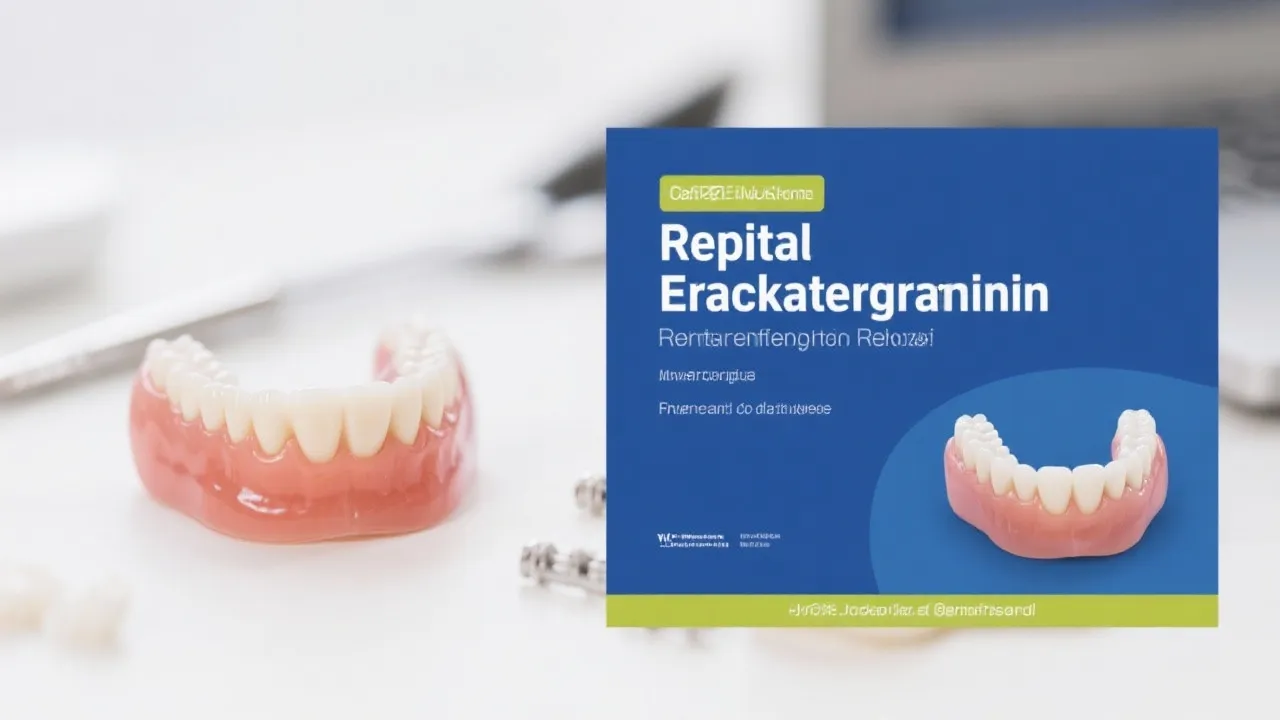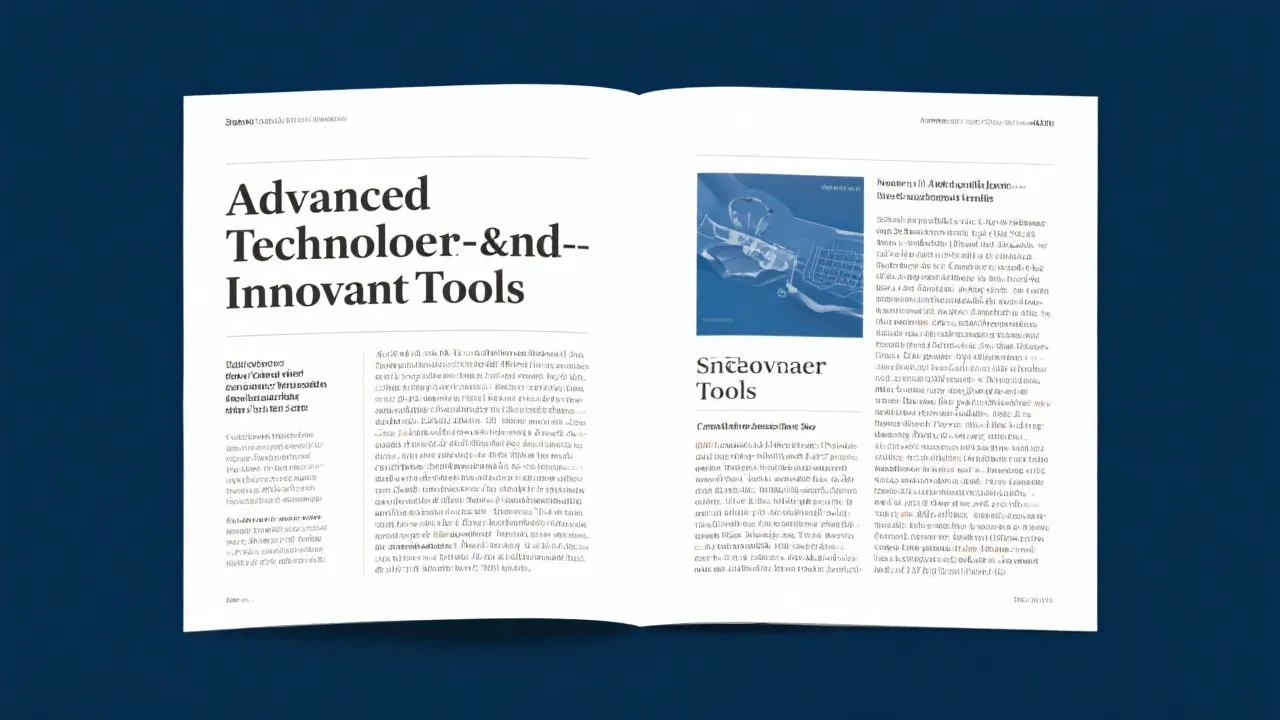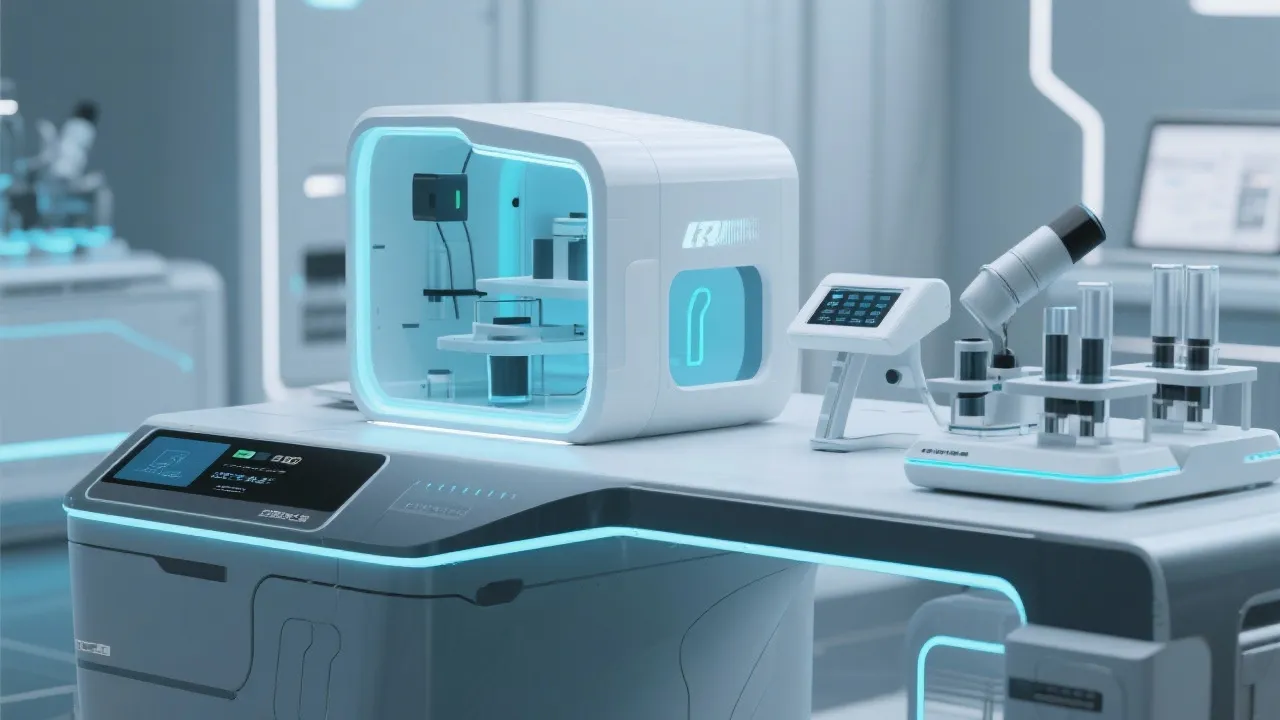Mastering Your Recovery: The Ultimate Guide to Bouncing Back After Dental Implant Surgery
The period following a dental implant surgery is a vital one, necessitating vigilant care, detailed attention to one’s well-being, and compliance with specific aftercare protocols. A seamlessly conducted convalescence is fundamental for the implant’s enduring stability and proper functioning. This guide aims to chart a course through your post-op recovery, delivering essential knowledge and actionable advice to better your recuperation and guarantee peak performance of your newly placed dental implants.

Immediate Post-Procedure Care:
Upon completion of the dental implant surgery, arrange for a trustworthy individual to drive you back, due to the residual anesthesia effects. To curb bleeding and aid clotting at the site of surgery, bite down softly on a gauze pad, switching it out before it becomes completely saturated with blood.
Pain Management:
Post-surgery, your dental practitioner might prescribe analgesics. Follow the dosage instructions keenly to alleviate soreness. While over-the-counter painkillers may be sufficient, always confirm their suitability and quantities with your dentist first.
Oral Hygiene Maintenance:
A clean oral environment post-surgery is imperative. Gently rinse with saline solution frequently to maintain cleanliness around the implant area. Avoid any forceful rinsing or spitting which could impede the healing trajectory.
Nutritional Considerations:
Adopt a diet consisting of soft meals and liquids, steering clear of excessively hot consumables. Slowly integrate firmer foods back into your diet as your recovery progresses. Keep well-hydrated but refrain from using straws early on, since the sucking motion could disrupt the surgical area's recovery.
Avoiding Harmful Activities:
Post-surgery, it’s important to abstain from smoking and consuming alcohol, as both can hinder the healing process and increase the likelihood of complications. Shelve any rigorous physical exertion for a few days subsequent to your operation.
Managing Swelling and Bruising:
Swelling and discoloration can be mitigated with the intermittent application of ice packs to areas near the surgery site. You may also find relief and reduced swelling by sleeping with your head in an elevated position.
Following Dentist’s Instructions:
Strict compliance with your dentist's aftercare directives is essential. This encompasses advice on maintaining oral cleanliness, limits to physical activity, and sticking to a prescribed medication plan. Consistently attend follow-up visits for expert assessments and professional cleaning.
Wearing Prosthetic Appliances:
Should you receive temporary prosthetics, such as bridges or dentures, adhere strictly to your dentist’s recommendations on proper usage throughout the recovery period.
Recognizing and Responding to Complications:
Stay alert to signs indicating infection or other post-operative issues, like unexpected swelling, prolonged or extensive bleeding, or intense pain. In the event of any abnormal symptoms or worsening conditions, seek immediate dental consultation.
Long-Term Care and Maintenance:
For the prolonged success of your dental implants, engage in rigorous oral care routines, including frequent toothbrushing, dental flossing, and routine visits to the dentist. A balanced diet is also key for sustaining oral health.
Mindful of Oral Habits:
Protect your dental implants from undue stress by being conscious of and addressing habits like teeth grinding or clenching. Use mouthguards or other protective devices during sleep if your dentist prescribes them.
In conclusion, a deliberate, structured approach to recovering from dental implant surgery, complete with close pain control, oral hygiene upkeep, suitable dietary and lifestyle adjustments, and prompt detection and management of complications, will pave the path for a progressive healing process and the efficient function of your dental implants.










